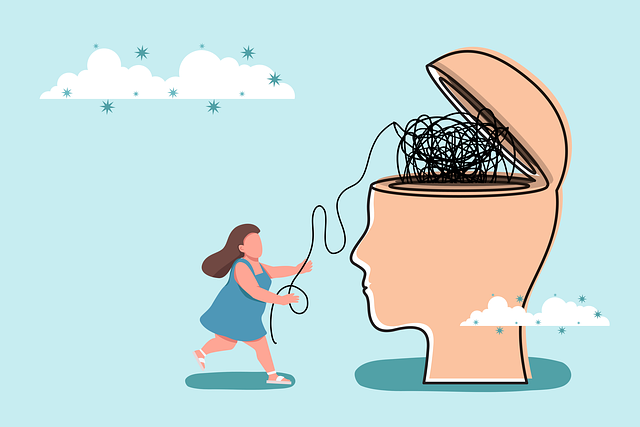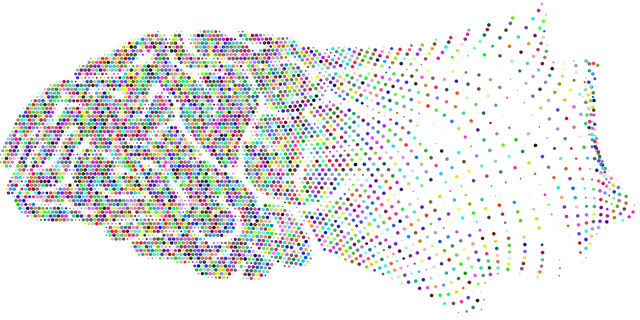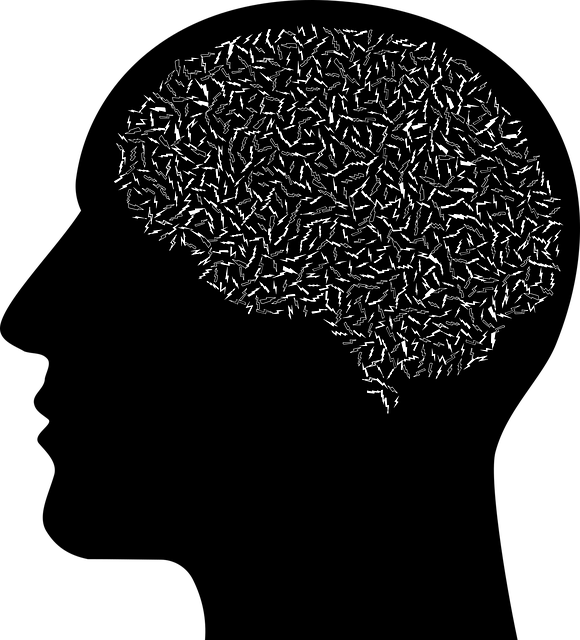Castle Rock Bariatric Evaluations Therapy highlights the importance of cultural sensitivity in mental healthcare, addressing diverse patient backgrounds and beliefs. Through specialized training, therapists develop cultural competency skills, ensuring personalized care that respects individual traditions. This approach overcomes barriers, improves communication, and enhances outcomes for marginalized communities, especially in areas like bariatric therapy where cultural factors significantly impact food relationships and well-being. Integrating culturally sensitive practices is key to effective mental healthcare, fostering inclusive environments and improved patient satisfaction.
In today’s diverse society, cultural sensitivity is paramount in mental healthcare. The article explores this critical aspect, focusing on practices like Castle Rock Bariatric Evaluations Therapy, which navigate patient backgrounds ranging from mainstream to unique cultural identities.
We delve into the reasons behind cultural sensitivity’s importance, how it overcomes barriers and challenges, presents best practices for competent care, and ultimately enhances treatment outcomes. Understanding these dynamics ensures effective support for all individuals seeking mental health services.
- Understanding Cultural Sensitivity: Why It Matters in Mental Healthcare
- Navigating Diverse Cultural Backgrounds of Patients at Castle Rock Bariatric Evaluations Therapy
- Barriers and Challenges: Overcoming Cultural Misunderstandings
- Best Practices for Culturally Competent Care
- Enhancing Treatment Outcomes: The Impact of Cultural Sensitivity on Patient Success
Understanding Cultural Sensitivity: Why It Matters in Mental Healthcare

In the realm of mental healthcare, cultural sensitivity is a game-changer that significantly impacts patient outcomes and overall well-being. Understanding and respecting diverse cultural backgrounds, beliefs, and values are essential aspects of providing quality care, especially in an increasingly multicultural society. Castle Rock bariatric evaluations therapy, for instance, must consider the unique needs and perspectives of each individual, ensuring their journey towards mental health is culturally affirming.
Effective communication strategies and crisis intervention guidance often rely on cultural competency training for healthcare providers. By learning about different cultural practices, traditions, and potential barriers to care, providers can offer more tailored support. This proactive approach not only improves patient satisfaction but also enables better access to services, especially for marginalized communities. It’s about creating an inclusive environment where everyone feels heard, understood, and respected, ultimately fostering healthier outcomes.
Navigating Diverse Cultural Backgrounds of Patients at Castle Rock Bariatric Evaluations Therapy

At Castle Rock Bariatric Evaluations Therapy, navigating diverse cultural backgrounds is a critical aspect of providing holistic mental healthcare. Patients come from various ethnic, religious, and socioeconomic backgrounds, each bringing their unique perspectives, beliefs, and experiences. Understanding these differences is essential to create an inclusive environment that fosters trust and encourages open communication.
Cultural sensitivity involves recognizing and respecting individual traditions, values, and self-care practices such as mindfulness meditation and coping skills development. Therapists at Castle Rock Bariatric Evaluations Therapy are trained to adapt their approach, ensuring that cultural beliefs are integrated into treatment plans. This personalized care helps patients feel understood and supported, leading to more effective and meaningful therapy sessions.
Barriers and Challenges: Overcoming Cultural Misunderstandings

Cultural misunderstandings can present significant barriers to effective mental healthcare, especially for individuals from diverse backgrounds. When therapists lack cultural sensitivity, it may lead to miscommunications and misinterpretations of clients’ needs, experiences, and symptoms. This is particularly relevant in specialized areas like bariatric evaluations and therapy, where cultural factors heavily influence an individual’s relationship with food, body image, and overall well-being. For instance, certain cultural practices or beliefs might impact a client’s willingness to discuss emotional struggles or seek professional help, creating unique challenges for therapists.
Overcoming these barriers requires ongoing training and self-reflection among mental health professionals. By educating themselves about different cultures, their traditions, and the associated stigma reduction efforts, therapists can foster more inclusive environments. Encouraging open conversations about cultural differences and incorporating self-care practices that respect diverse needs can enhance the therapeutic process. Additionally, integrating knowledge from Castle Rock bariatric evaluations into therapy sessions can help address specific emotional regulation issues within a culturally sensitive framework, ultimately improving outcomes for all clients.
Best Practices for Culturally Competent Care

Cultural sensitivity is a cornerstone of effective mental healthcare, especially when treating diverse patient populations. Best practices for culturally competent care involve actively listening to and understanding patients’ backgrounds, beliefs, and values. This includes recognizing and respecting individual and communal norms, languages, and communication styles, such as those seen in Castle Rock bariatric evaluations therapy settings.
Healthcare providers should incorporate resilience-building and confidence-boosting strategies tailored to each patient’s cultural context. By integrating these practices, therapists can help patients navigate mental health challenges while preserving their cultural identity. Additionally, focusing on depression prevention through culturally sensitive approaches can significantly improve outcomes, ensuring that interventions are as effective for diverse communities as they are for the majority population.
Enhancing Treatment Outcomes: The Impact of Cultural Sensitivity on Patient Success

Cultural sensitivity in mental healthcare is a vital aspect that significantly enhances treatment outcomes for diverse patient populations. By incorporating understanding and respect for various cultural backgrounds, practices, and beliefs, Castle Rock Bariatric Evaluations Therapy can offer more effective care. This approach ensures that patients from different ethnic, racial, and socio-cultural groups receive tailored support aligned with their unique needs.
Incorporating Mental Health Education Programs Design, Community Outreach Program Implementation, and Mental Health Policy Analysis and Advocacy into treatment plans further fosters inclusivity. These strategies promote awareness of cultural nuances, bridge communication gaps, and address systemic barriers to care. As a result, patients are more likely to engage in therapy, maintain treatment adherence, and experience positive outcomes, ultimately improving their overall well-being.
Cultural sensitivity is a cornerstone of effective mental healthcare, as evidenced by the successful practices at Castle Rock Bariatric Evaluations Therapy. By understanding and navigating diverse cultural backgrounds, overcoming barriers, and adopting best practices, mental health professionals can significantly enhance treatment outcomes. This approach ensures that every patient receives respectful, competent care tailored to their unique cultural needs, ultimately fostering better patient success and a more inclusive healthcare environment.








